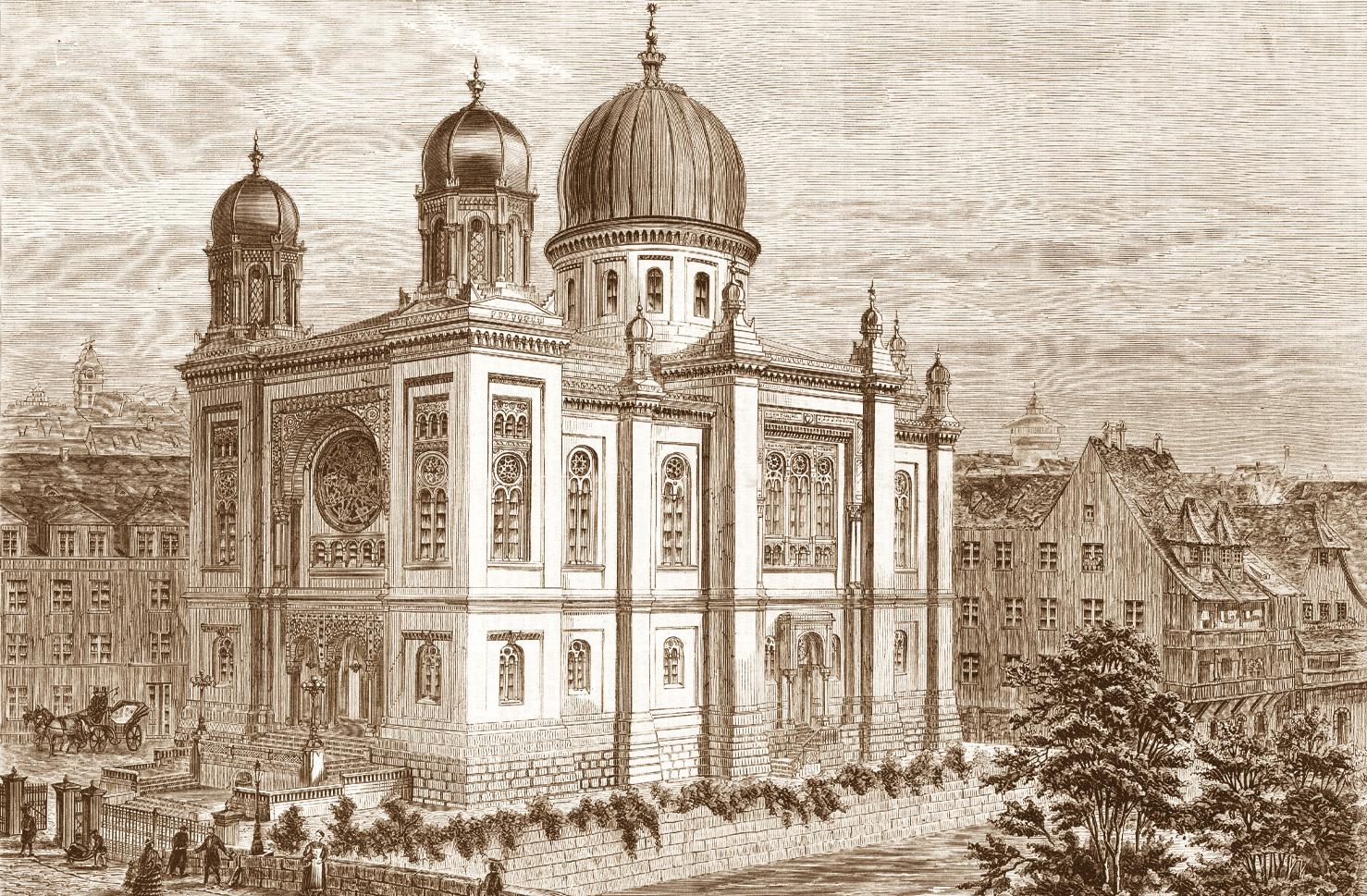This book is the first to tell the Nuremberg and Bavarian-Franconian history of the international non-governmental organization B'nai B'rith ("Sons of the Covenant").
Its German district with President Rabbi Leo Baeck comprised more than 100 individual lodges and their sister associations until the Nazi ban in 1937.
The two Nuremberg lodges named themselves after the Jewish philosopher Maimonides and the physician and first Jewish professor in Bavaria Jakob Herz.
They supported pioneering projects such as the Nuremberg Association for Jewish Nurses and the Israelite Children's Sanatorium in Bad Kissingen.
Broken up by the National Socialists at an early stage, the two lodges lost their lodge home, which had only been opened in 1931 - the destruction of a Nuremberg "Jewish Place".
The Order of B'nai B'rith in Nuremberg united different branches of Franconian and Bavarian Jewry and was part of Nuremberg's urban society.
In addition to Nuremberg, it also brought together brothers and sisters from Ansbach, Bamberg, Bayreuth, Coburg, Fürth and Erlangen under the umbrella of Zedaka and Jewish education.

Nuremberg's main synagogue on Hans-Sachs-Platz, after an engraving by J. Löser, around 1875 (private)
Alongside the well-known Rabbi Max Freudenthal, there were personalities such as the hop merchant and patron Adolf Schwarz, the committed pediatrician Philipp Münz, the innovative businesswoman Paula Freund and the lawyer and poet Heinrich Orthal, a leading member of the Esperanto movement.